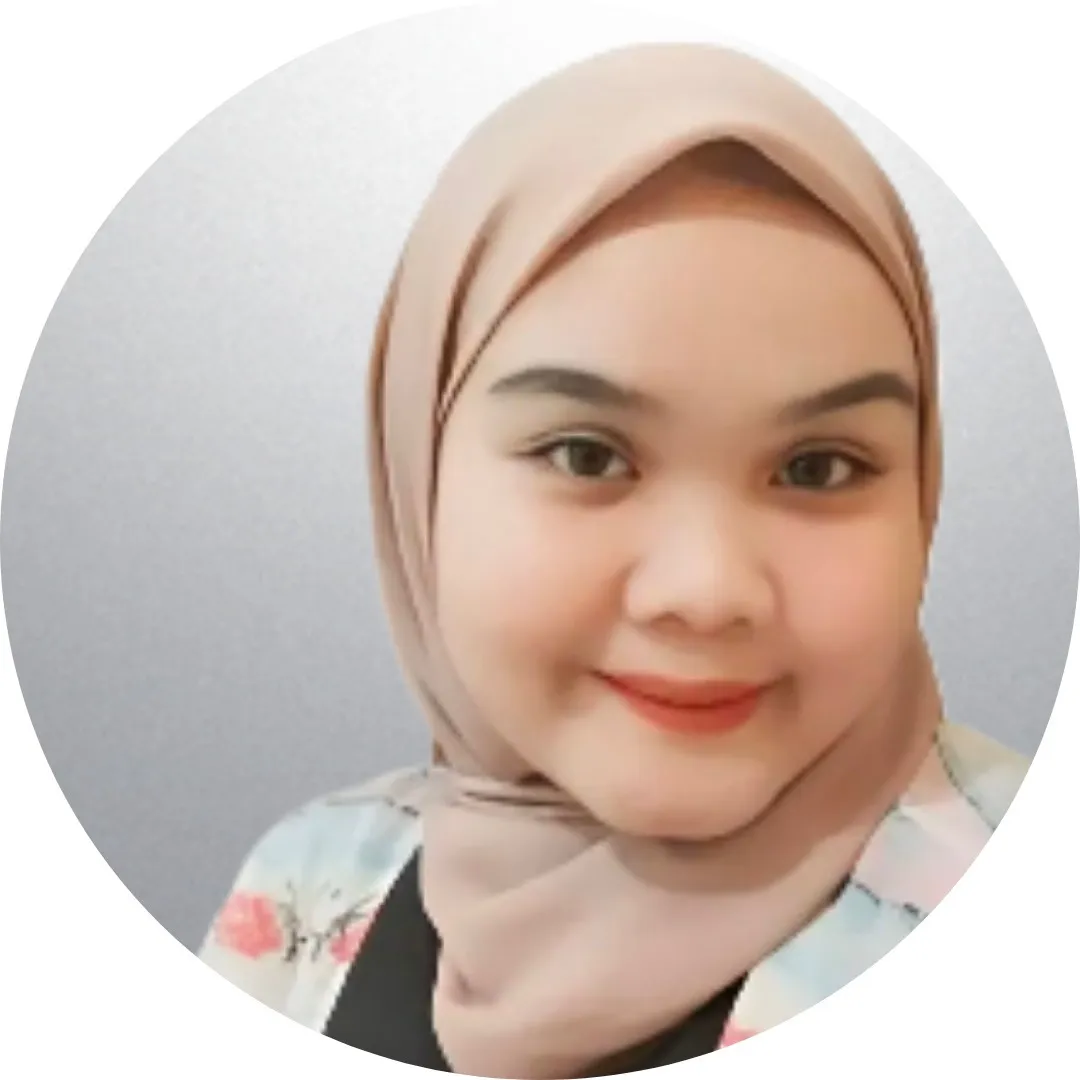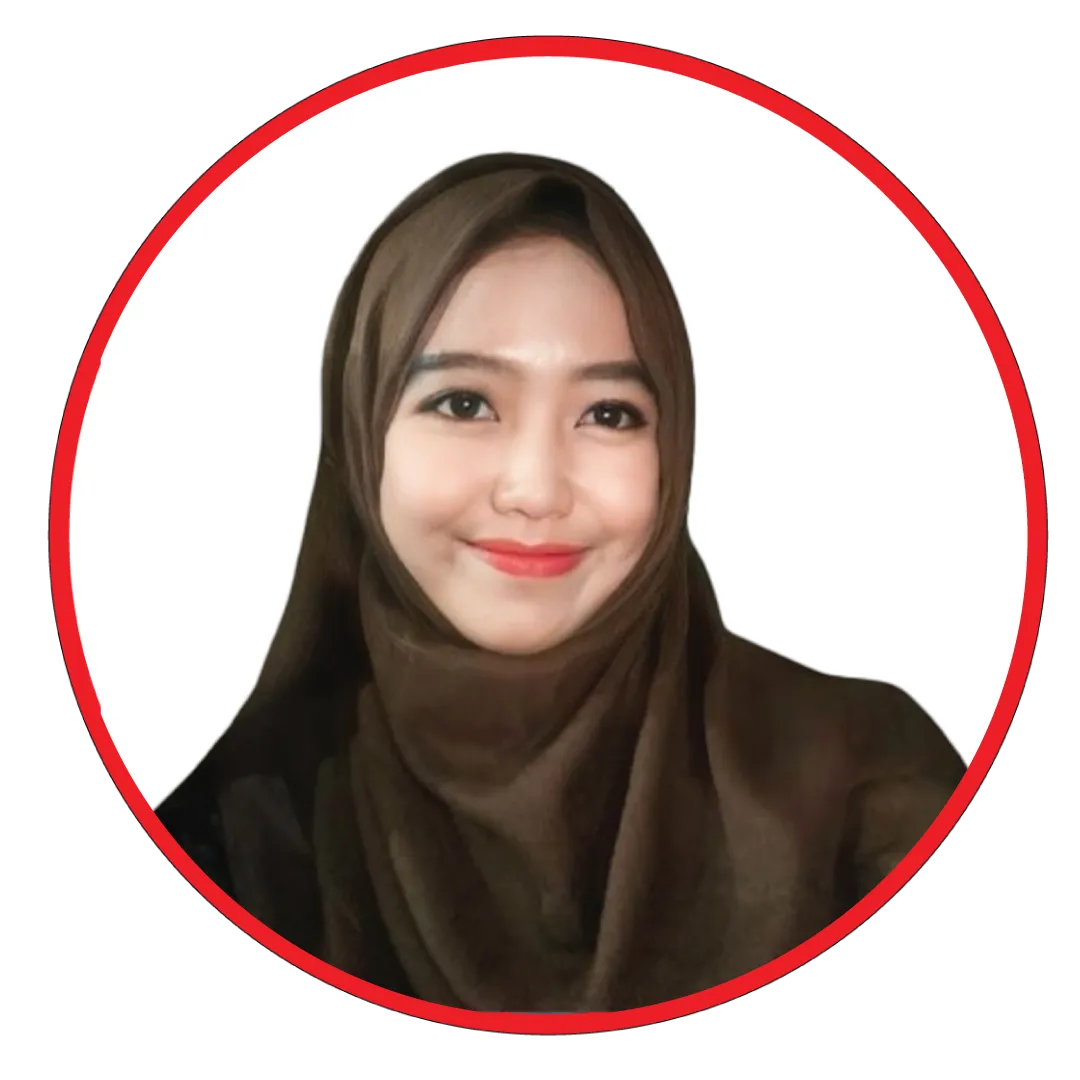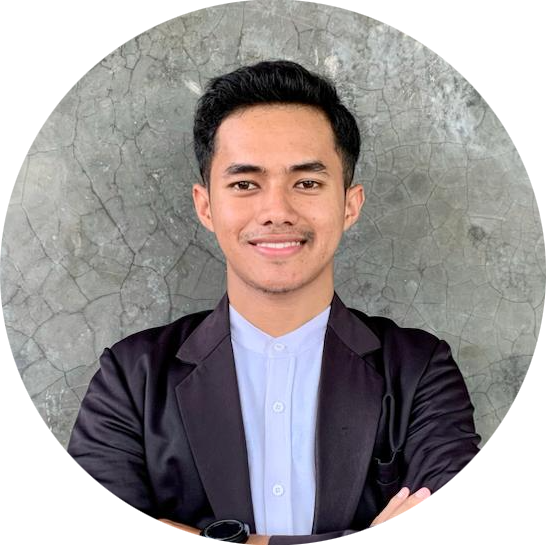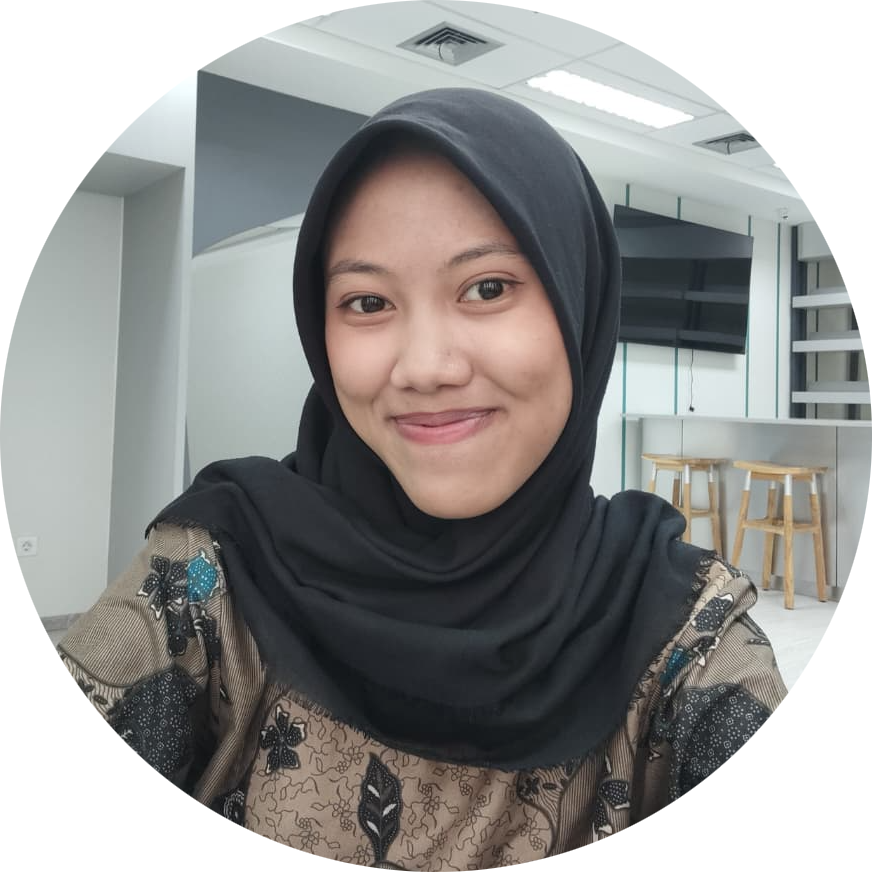TRAINING ENHANCED OIL RECOVERY AND WATERFLOOD
TRAINING ENHANCED OIL RECOVERY AND WATERFLOOD
Training Enhanced Oil Recovery
Training Enhanced Waterflood

Oil recovery operations traditionally have been subdivided into three stages: primary, secondary and tertiary. These stages described the production from a reservoir in achronological sense. Primary production resulted from the displacement energy naturally existing in reservoir. Secondary recovery usually implemented after primary production declined, the term secondary recovery is now almost synonymous with waterflooding. Tertiary recovery was that obtained after waterflooding (or whatever secondary process used) it’s used miscible gases, chemicals and/or thermal energy to displace additional oil. When the waterflooding stage might be reasonably be bypassed the term tertiary recovery fell into disfavor in petroleum engineering term and the designation of enhanced oil recovery (EOR) become accepted to replace the term of secondary and tertiary recovery.
In describing the different EOR processes (Waterflooding, Miscible Displacement, Chemical Flooding: Micellar/Polymer, Surfactant, Alkaline and finally Thermal Recovery Processes, it will be focused on the fundamental concepts of each processes and it will also present methods of predicting oil recovery when the processes are applied to oil reservoir. Many methods are available to calculate displacement performance, ranging from simple models based on volumetric sweep to sophisticated method. Thus, with the proper understanding of all enhanced oil recovery processes will reduce the entire cost of the plant and production operation of EOR system. This four-day training will provide a comprehensive knowledge and understanding of different EOR processes (Waterflooding, Miscible Displacement, Chemical Flooding: Micellar/Polymer, Surfactant, Alkaline) and Thermal Recovery Processes with various fields example.
Objective
* Refresh the knowledge of the participants on reservoir engineering and enhanced oil recovery (EOR) processes.
* Understand the fundamental concepts of each EOR process and ability to calculate and to predict the EOR performance.
* Learn the simple EOR models based on volumetric sweep model to sophisticated method of calculation.
* Enhance the knowledge on EOR processes (Waterflooding, Miscible Displacement, Chemical Flooding: Micellar/Polymer, Surfactant, Alkaline) and Thermal Recovery Processes with various fields example.
* Gain additional knowledge on EOR processes (Waterflooding, Miscible Displacement, Chemical Flooding: Micellar/Polymer, Surfactant, Alkaline) and Thermal Recovery Processes. Knowledge sharing among the and instructor.
WHO SHOULD ATTEND
The following category of professionals should attend:
* FreshPetroleum, Reservoir, Production and Facility/Process Engineer
* Geoscientist
* AssetManagement Team members and Business Development Manager
* Production Operators, Technician, Maintenance and Operation Personnel who is responsible for the EOR processes design and implementation
* Experienced professional who wants to r e f r e s h o r b r o a d e n t h e i r understandingof EOR Processes & technology
* Other professionals who want a better understanding of the subject
Outline Training
Day 1
1. Introduction to EOR Processes
* Definition of EOR
* TargetOil Resources for EOR Processes
* Idealized Characteristics of an EOR Processes
* Potential of Different Processes
* Screening Criteria for Process Applicability
2. Microscopic Displacement of Fluids in a Reservoir
* Capillary Forces and Viscous Forces
* PhaseTrapping
* Mobilization of Trapped Phases-Alteration of Viscous/Capillary Force Ratio
3. Displacement in Linear System
* Waterflood Performance – Frontal Advanced Equation
* Viscous Waterflood in a Linear System
* Chemical Flooding in Linear System
* Application of Chemical Flooding Model
* Displacement of Slugs
* Dispersion During Miscible Displacement
* Viscous Fingering – Instability in
* Displacement Fronts
Day 2
4. Macroscopic Displacement of Fluids in a Reservoir
* Volumetric Displacement Efficiency and Material Balance
+ Definition and Discussion of Mobility Ratio
+ AreaDisplacement Efficiency
+ Vertical Displacement Efficiency
+ Volumetric Displacement Efficiency
5. Mobility-Control Processes
* Process Description
+ Physical and Chemical Characteristics of Polymer
+ FlowPolymer Through Porous Media
+ In-SituPermeability Modification
+ Mobility Control to maintain Chemical Slug Integrity
+ Foamas EOR Agent
+ WaterAlternating Gas (WAG) Process
Day 3
6. Miscible Displacement Processes
* General Description of Miscible Displacement
+ Principles of Phase Behavior in Miscible Displacement
+ First Contact Miscibility (FCM) and Multiple Contact Miscibility (MCM) Processes
+ Measurement and Prediction of Minimum Miscible Pressure (MMP) or Minimum Miscible Gas Enrichment (MME) in Multiple Contact Process
+ FluidProperties in Miscible Displacement
+ Miscible Displacement Modeling
7. Chemical Flooding
* Description of Micellar/Polymer Process
* Surfactants
* Phase Behavior of Microemultion and Inter Facial Tension(IFT)
* Variables Affecting Phase Behavior & IFT
* Viscosity and Density of Microemultion
* Displacement Mechanism
* Modeling, design Procedure and Criteria of?Chemical Flood Displacement
* Alkaline Flooding
Day 4
8. Thermal Recovery Processes
* HeatLosses During Steam Injection
* CyclicSteam Stimulation
* Reservoir Heating by Steam Injection
* Estimating of Oil Recovery From Steam Drive
* In-Situ Combustion
* Comparison of Steam and In-Situ Combustion
9. Discussion on successful & unsuccessful EOR projects
METODE TRAINING
1. Presentation
2. Discuss
3. Case Study
4. Evaluation
5. Pre-Test & Post-Test
6. Games
JADWAL TRAINING 2022
18-19 Januari 2022
22-23 Februari 2022
15-16 Maret 2022
19-20 April 2022
23-24 Mei 2022
14-15 Juni 2022
12-13 Juli 2022
23-24 Agustus 2022
13 – 14 September 2022
11-12 Oktober 2022
8 – 9 November 2022
29-30 November 2022
13-14 Desember 2022
Jadwal tersebut juga dapat disesuaikan dengan kebutuhan calon peserta
LOKASI PELATIHAN :
- Yogyakarta, Hotel Dafam Malioboro (7.250.000 IDR / participant)
- Jakarta, Hotel Amaris Tendean (7.750.000 IDR / participant)
- Bandung, Hotel Golden Flower (7.750.000 IDR / participant)
- Bali, Hotel Ibis Kuta (8.500.000 IDR / participant)
- Lombok, Hotel Jayakarta (8.750.000 IDR / participant)
INVESTASI TRAINING
Investasi Pelatihan tahun 2022 ini :
Investasi pelatihan selama dua hari tersebut menyesuaikan dengan jumlah peserta (on call). *Please feel free to contact us.
Apabila perusahaan membutuhkan paket in house training, anggaran investasi pelatihan dapat menyesuaikan dengan anggaran perusahaan.
Fasilitas Pelatihan di Diorama untuk Paket Group (Minimal 2 orang peserta dari perusahaan yang sama):
- FREE Airport pickup service (Gratis Antar jemput Hotel/Bandara)
- FREE Transportasi Peserta ke tempat pelatihan .
- Module / Handout
- FREE Flashdisk
- Sertifikat
- FREE Bag or bagpackers (Tas Training)
- Training Kit (Dokumentasi photo, Blocknote, ATK, etc)
- 2xCoffe Break & 1 Lunch, Dinner
- FREE Souvenir Exclusive
Jadwal Pelatihan masih dapat berubah, mohon untuk tidak booking transportasi dan akomodasi sebelum mendapat konfirmasi dari Marketing kami. Segala kerugian yang disebabkan oleh miskomunikasi jadwal tidak mendapatkan kompensasi apapun dari kami.
Technorati Tags: training production optimization of oil & gas pasti jalan,training optimalisasi produksi migas pasti jalan,training pengenalan production of oil & gas pasti jalan,training gas well loading prediction pasti jalan,pelatihan production optimization of oil & gas pasti jalan,pelatihan optimalisasi produksi migas pasti running









